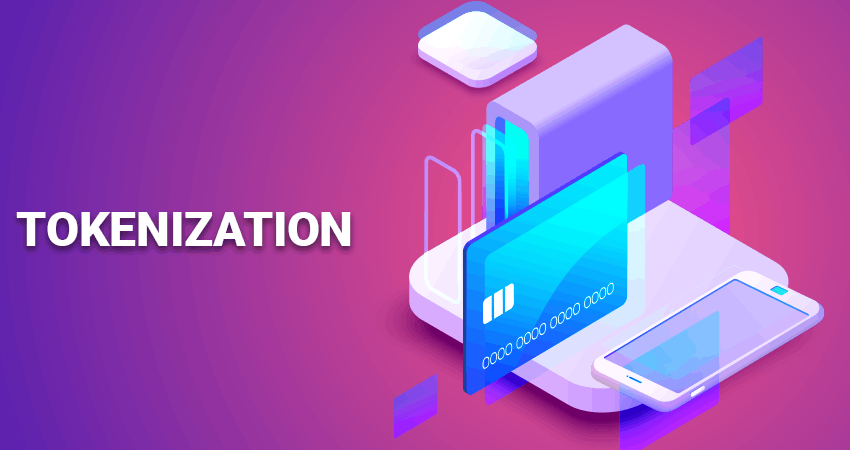The scene of non-governmental organizations (NGOs) has changed significantly in recent years, driven by technological developments, changing donor expectations, and growing demands for openness and responsibility. Blockchain is among the most groundbreaking technologies influencing NGOs now. Originally designed as the fundamental technology supporting cryptocurrencies like Bitcoin, blockchain is receiving increasing recognition.
Blockchain is a distributed digital ledger that stores transactions across several computers, and the recorded events cannot be changed retrospectively. By allowing openness and immutability, blockchain technology can give NGOs a reliable structure for handling donations, tracking money, and improving stakeholder involvement. Beyond Blockchain’s Potential to Revolutionize includes better governance, greater operational efficiency, and greater public confidence.
Blockchain for NGO Transparency
Transparency is vital in the NGO sector, where stakeholders—including funders, beneficiaries, and authorities—demand clear views of how money is used. Conventional banking systems can block money movement, which fuels mismanagement or corruption concerns. Blockchain technology produces an unchangeable record of all transactions, addressing this issue. Blockchain allows donors to track their contributions in real-time, guaranteeing their money is allocated to the planned projects.
Some NGOs, for instance, have started monitoring donations from when they are made until they are used in blockchain systems. This makes public audits and reporting possible, greatly lowering the mistrust sometimes related to NGO financial management. Blockchain promotes a culture of responsibility by improving openness and helping NGOs establish closer ties with their sponsors.
Blockchain Unlocks New NGO Funding

Blockchain’s Potential to Revolutionize fresh income sources grounded in distributed finance (DeFi). Unlike conventional financial systems depending on banks and financial institutions, DeFi lets NGOs participate in peer-to-peer transactions free from intermediaries. Using cryptocurrencies allows NGOs to reach a worldwide donor base ready for more creative projects including token sales or community financing pools.
NGOs should also investigate the prospect of creating their coins. This strategy enables companies to establish special fundraising events whereby tokens with value inside the NGO’s ecosystem are given to donors. Combining the borders between fundraising and community involvement, these tokens allow one to access special material, vote on project financing decisions, or get updates on the effect of their gifts.
Smart Contracts for NGO Efficiency
Smart contracts are another aspect of blockchain that can be useful to NGOs. These self-useful ting contracts clearly state the conditions of an agreement straight in code, enabling efficient and safe negotiation or fulfilment of a contract. For non-governmental organizations, this can streamline certain operational procedures like project financing and grant management.
For example, a smart contract might be designed to transfer money to a project only. When particular benchmarks are fulfilled, it guarantees responsibility and efficient resource use. This best uses resources and reduces administrative costs connected to monitoring and compliance. These ideas can greatly improve operational efficiency when many NGOs work with few resources.
Tokenization Engages NGO Donors

Blockchain’s tokenizing capabilities let NGOs involve funders more actively and meaningfully. NGOs can encourage community involvement and donations by including tokens in fundraising efforts. These tokens might provide funders with unique rights, such as access to exclusive events and updates or voting on project prioritization.
Gamification of donations strengthens the emotional link between contributors and the charities they assist. This improves current income sources and draws younger people who appreciate interaction and involvement, increasing the donor base.
Challenges of Blockchain in NGOs
Although blockchain offers NGOs great possible advantages, problems still exist. Using blockchain technology calls for knowledge of regulatory systems, infrastructural development, and technological ability. Furthermore, causing questions regarding donor confidence is the volatility of cryptocurrencies. Successful adoption of blockchain and its benefits depends on teaching interested parties about it.
In addition, non-governmental organizations (NGOs) are responsible for addressing ethical concerns with protecting personal information and financial data. Not only does blockchain technology encourage greater openness, but it also forces businesses to handle sensitive data properly inside their operations. This gives blockchain technology a double benefit.
Final Thought
Blockchain technology’s inclusion into NGO revenue sources marks a radical change in how these groups run, generate money, and engage with their constituents. NGOs may use blockchain to create trust, draw money, and optimize their influence by improving openness, simplifying processes, and looking at creative income sources.
Adopting such technology would be beneficial and required for NGOs trying to satisfy the expectations of a modern charitable scene as the globe gets more digital. NGOs have a great opportunity for significant operational effectiveness and community involvement as they adjust to these new paradigms. Blockchain’s Potential to Revolutionize the secret to the next generation of NGO income sources with cautious application and an eye toward ethical behaviour.
[sp_easyaccordion id=”3913″]

